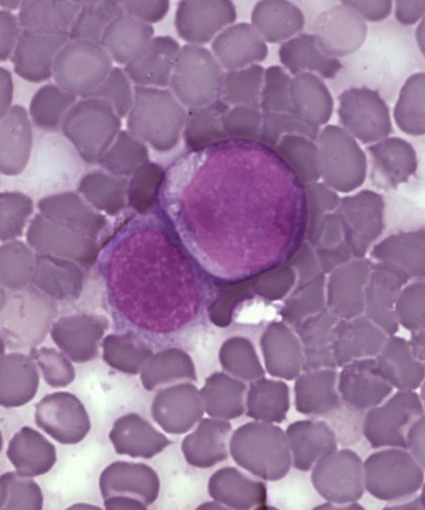NEW YORK (Reuters Health) - Among people with advanced cancer, poorer patients are less likely to be referred for clinical trials of experimental drugs, a new study from the UK suggests.
Because those early trials will eventually help regulators decide if drugs should be approved for a wider population, it's important that test patients be representative of people the medications are designed to treat, researchers said.
In addition, "There is an ethical issue of access to trials, because in general (for these patients), the standard therapeutic options have been exhausted," said James Spicer from King's College London and Guy's Hospital, who worked on the study.



 Your new post is loading...
Your new post is loading...








